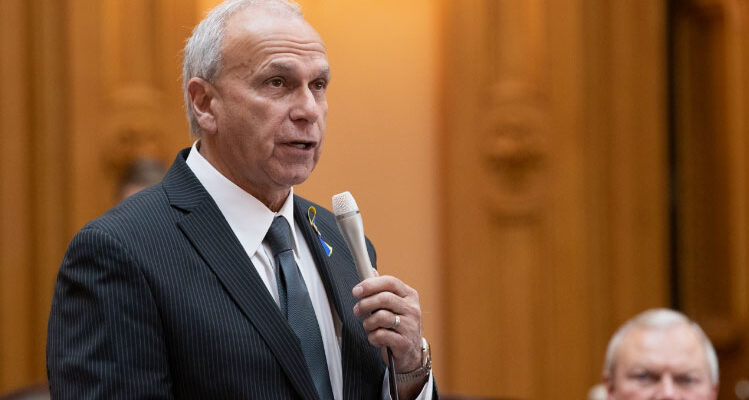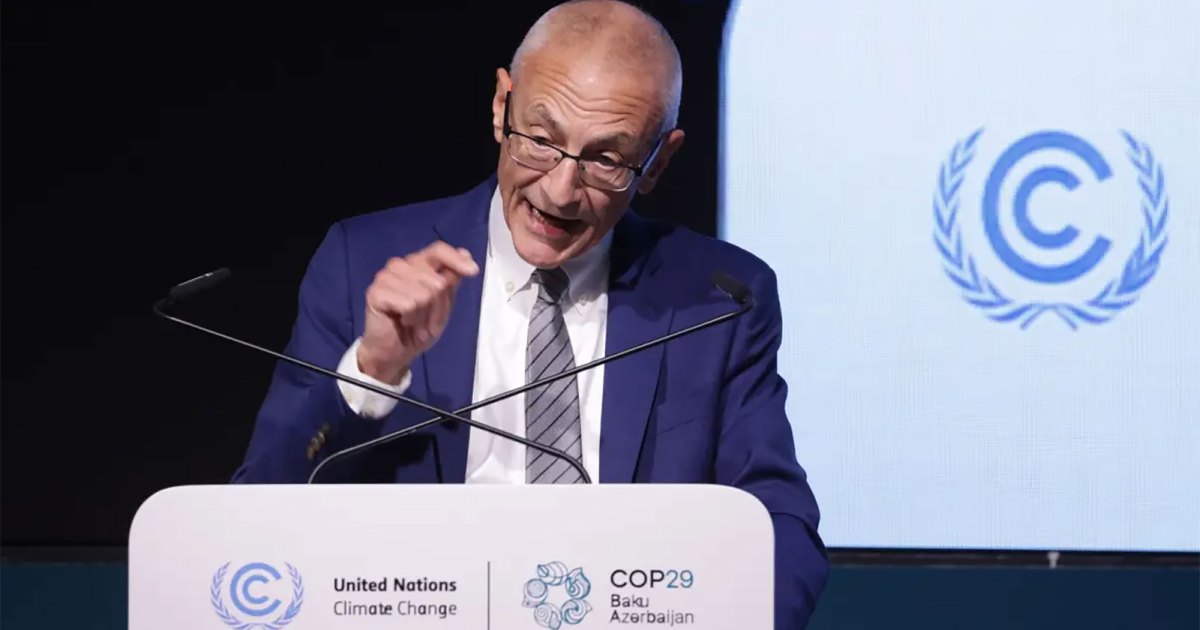
This story was originally published by Inside Climate News and is reproduced here as part of the Climate Desk collaboration.
Keely Fisher chose to pursue her Ph.D. at Ohio State University because she wanted to learn about climate change from a world-class faculty. Now one year into her program, she wonders if she belongs here.
The problem has nothing to do with Ohio State and everything to do with the Ohio General Assembly and a proposal that would regulate higher education. The wide-ranging bill includes a provision that designates climate policy as a “controversial belief or policy” and says faculty must “encourage students to reach their own conclusions about all controversial beliefs or policies and shall not seek to inculcate any social, political, or religious point of view.”
“Is this going to force me to leave?” Fisher asked, interviewed at the school’s main library.
She came to Ohio to be part of the university’s School of Environment and Natural Resources and worries that the bill, if it becomes law, would hurt her program’s ability to recruit students and faculty, and would introduce uncertainty into the classroom about how climate change can be discussed. If the proposal had been law when she was deciding where to enroll, it would have steered her to a different university, she said.















